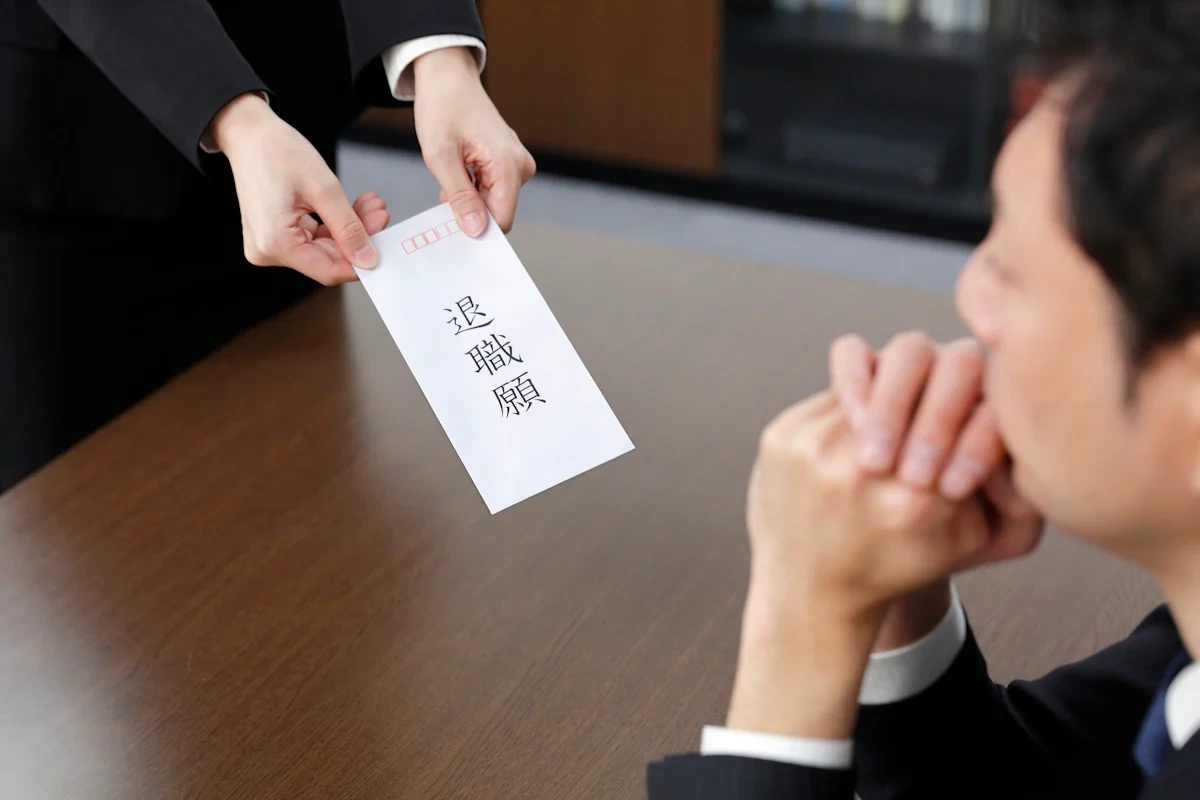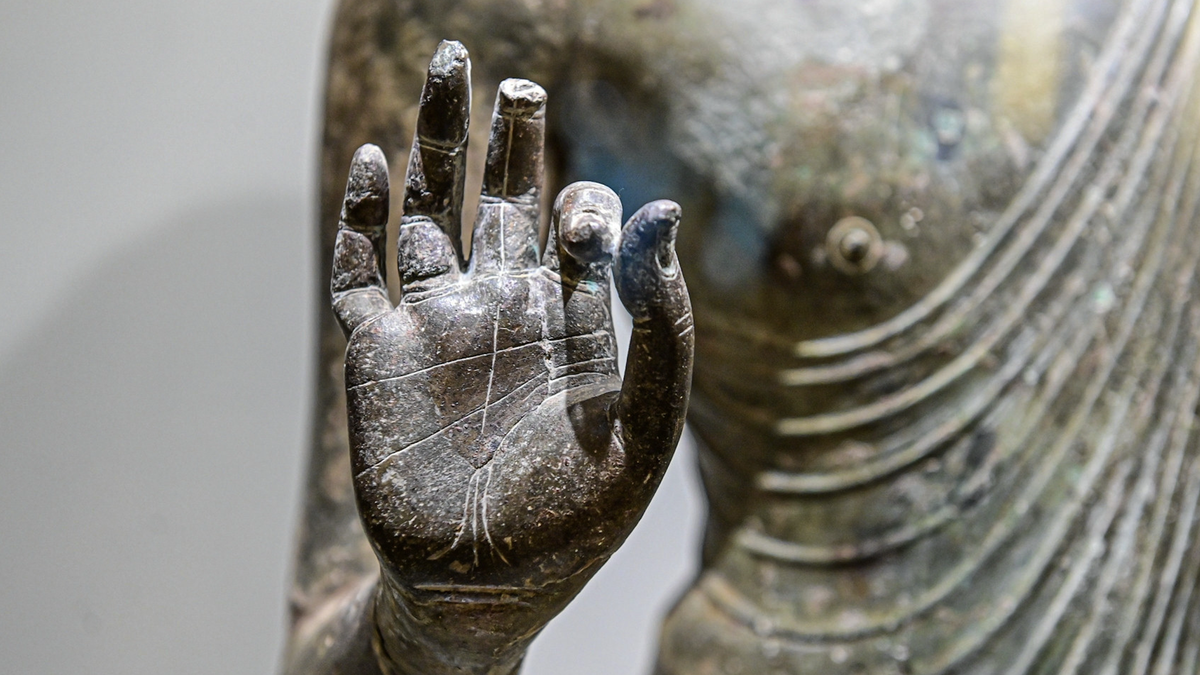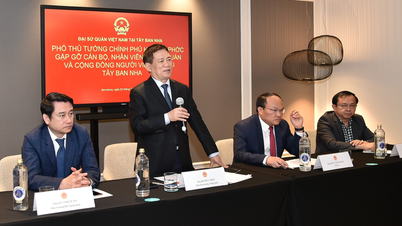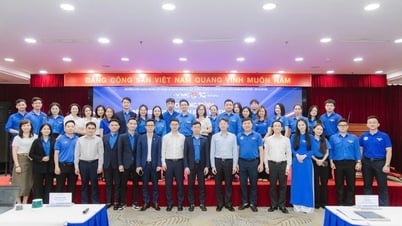In a corner office in Tokyo, Shota Shimizu picked up the phone. His voice was calm and professional. The human resources department of an elderly care company was on the other end of the line. He was neither an employee nor a relative. He was a hired ghost. His client, a young woman, was sitting at home, too anxious and exhausted to make the call herself.
“Her initial expectations were far from the reality of the job,” Shimizu explained briefly. “She would send back her uniform and locker key by post .”
The call ended. An employment relationship ended. No tense conversations, no forced words, no guilt. Just silence and a bill for 50,000 yen (about $350).
Shimizu works for Momuri, one of dozens of “resignation agencies” that have sprung up across Japan. Its very name is a silent confession: Momuri—“I can’t take it anymore.”
It’s not just a service, it’s an escape, a lifeline for workers who have been pushed to the wall in toxic work environments. And its boom tells a much larger story about a tectonic shift in the psyche of workers in Japan and perhaps the world .
When Loyalties Collapse and Silence Reigns
For decades, the foundation of Japanese corporate culture was built on an unwritten social contract: one person, one job, one company, for life. The salaryman was honored for his unwavering loyalty, his patient dedication, demonstrated by endless workdays and mandatory after-hours drinking sessions with his superiors. Quitting, especially before retirement age, was seen as a betrayal, a career blemish.
But that cultural bulwark is being shaken to its core. The collapse of the 1990s bubble economy , combined with an irreversible reality—an aging population and a shrinking workforce—has given workers a new power: choice. “There are a lot of job opportunities in the Japanese labor market now,” says Kaoru Tsuda, a researcher at Indeed Recruitment Research Center in Tokyo.
This shift has created fertile ground for taishoku daiko (leave-taking) services. When Momuri first started in 2022, they handled about 200 cases a month. Now, that number has ballooned to 2,500, according to founder Shinji Tanimoto. Their clients include not only Gen Zers and millennials who value mental health over blind loyalty, but also workers in their 80s.

More and more young workers in Japan are turning to companies like Momuri to ask them to… resign for them (Photo: Pixta).
Why would someone pay to quit? The answer lies in the hierarchical structure and confrontational mentality of Japanese culture. Confronting your superiors with a “face-shaming” decision like quitting can create a huge psychological pressure.
Many reported being pressured, insulted, or made to feel extremely guilty. In a culture that values harmony (wa) and avoiding conflict at all costs, hiring a neutral third party to do the “dirty work” becomes the perfect solution.
“The reaction from companies used to be, first surprise, then anger,” says Taishi Kusano, who ran the company that laid off Oitoma. But gradually, that surprise has given way to acceptance. “Now some companies are just like, ‘Oh, I see.’”
This normalization is confirmed by the numbers: a 2024 survey by Tokyo Shoko Research found that nearly 10% of Japanese companies admitted to having received resignations through intermediaries. That’s a staggering number, suggesting that the trend is no longer a fringe phenomenon.
“When people can’t express their true feelings and are pushed to the limit, services like this become an escape,” said Keiko Ishii, a professor of social cognition at Nagoya University. Outsourced resignations are a symptom of a larger problem: disconnection and fear in the workplace.
Renunciation as an Act of Rebirth
Interestingly, the story of Japan’s job-hopping wave is not just one of escapism. For many, it is a liberating act, a way to regain control of their lives.
Keisuke Ochi, 45, had worked for a distribution company for many years. But the Covid-19 pandemic made him realize that he had lost too much precious time with his family. He called his decision to quit his job “a turning point in his life.”
Ochi now works for a financial services company with a more flexible schedule. “I feel really happy when I get to have dinner with my wife and kids,” he said. “It was a time I didn’t appreciate before, but now I understand how precious it is.”
As for Kento Sano, 31, he left a stable job at a large travel company to explore new directions. After his journey of experimentation, he returned to the travel industry in a completely different role at a dynamic startup. “I believe the greatest strength is doing what you love, while still living true to the things that excite you every day,” Sano said.
These stories show that quitting is no longer a failure. In this new context, it is a sign of strength, self-awareness, and the courage to pursue a more meaningful life. Resignation agencies, while merely a tool, are inadvertently becoming a catalyst for this change, helping workers overcome the final hurdle to start a new chapter.

In the new context, resignation is a manifestation of strength, self-awareness and courage to pursue a more meaningful life (Photo: Shutterstock).
Alarm bells ring in the West
While American workplace culture differs significantly from Japan’s, it would be a mistake for Western leaders to dismiss “resignation by proxy” as a Japanese oddity. As Dr. Cheryl Robinson, who specializes in leadership, change, and careers, warns, in today’s hyperconnected world, a local fad can easily become a global phenomenon. And the conditions for its proliferation are converging in the United States and elsewhere.
Look at the big picture: after the wave of “mass resignations,” burnout and workplace stress are becoming more common. At the same time, the boom of the gig economy has made outsourcing personal services, including “quitting jobs,” commonplace.
The younger generation of employees also increasingly values mental health and a desire to take ownership of their work. In particular, the trend of remote work has unintentionally created an emotional distance. When you have never set foot in an office, never met your boss or colleagues face to face, saying goodbye to that job can be both awkward and… empty.
In that context, the prospect of a service that lets you “disappear” from your company for a few hundred dollars can be quite appealing. It may not yet be an official company, but practices similar to “ghosting”—employees suddenly disappearing without a word of goodbye—are already a painful reality.
Rather than waiting for a call from their employees’ “resignation company,” savvy leaders should view this trend as an early warning sign. Its presence is undeniable evidence of a failing corporate culture.

As the gig economy grows and outsourcing becomes more common, a service that helps you quit your job easily could take off in the US in the next 3–5 years (Photo: Getty).
Solution: Build an always open door
The solution to keeping ghosts like Momuri out of the picture doesn’t lie in making it difficult for those who want to leave. Rather, it lies in creating a work environment that is safe and open enough that employees don’t need to run away.
This requires a fundamental shift in leadership thinking:
Encourage open communication: Create formal and informal channels of dialogue where employees can speak their minds without fear of reprisal. A real “open door” policy, not just a slogan.
Improve the exit process: Turn the exit interview into a valuable learning opportunity to improve the organization, rather than a last-ditch effort to pressure employees to stay.
Address toxic behavior at its source: Proactively identify and remove “rotten apples” in the culture, whether they are managers or employees, before their toxicity spreads.
Investing in people: When employees feel cared for, invested in their development, and see a clear career path, they are less likely to leave abruptly and negatively.
A truly healthy organization isn’t one where no one leaves, but one where people feel safe enough to leave with dignity. Because employees who feel valued, even when they’re no longer working for you, are the best brand ambassadors a business can have.
Source: https://dantri.com.vn/kinh-doanh/tu-chuc-ho-con-sot-moi-tiem-an-rui-ro-lan-rong-toan-cau-20250702222945929.htm

































































































Comment (0)